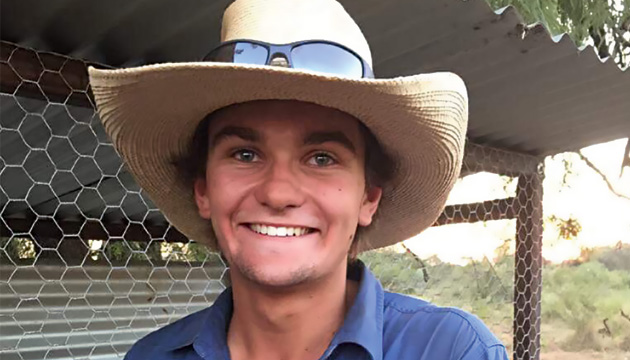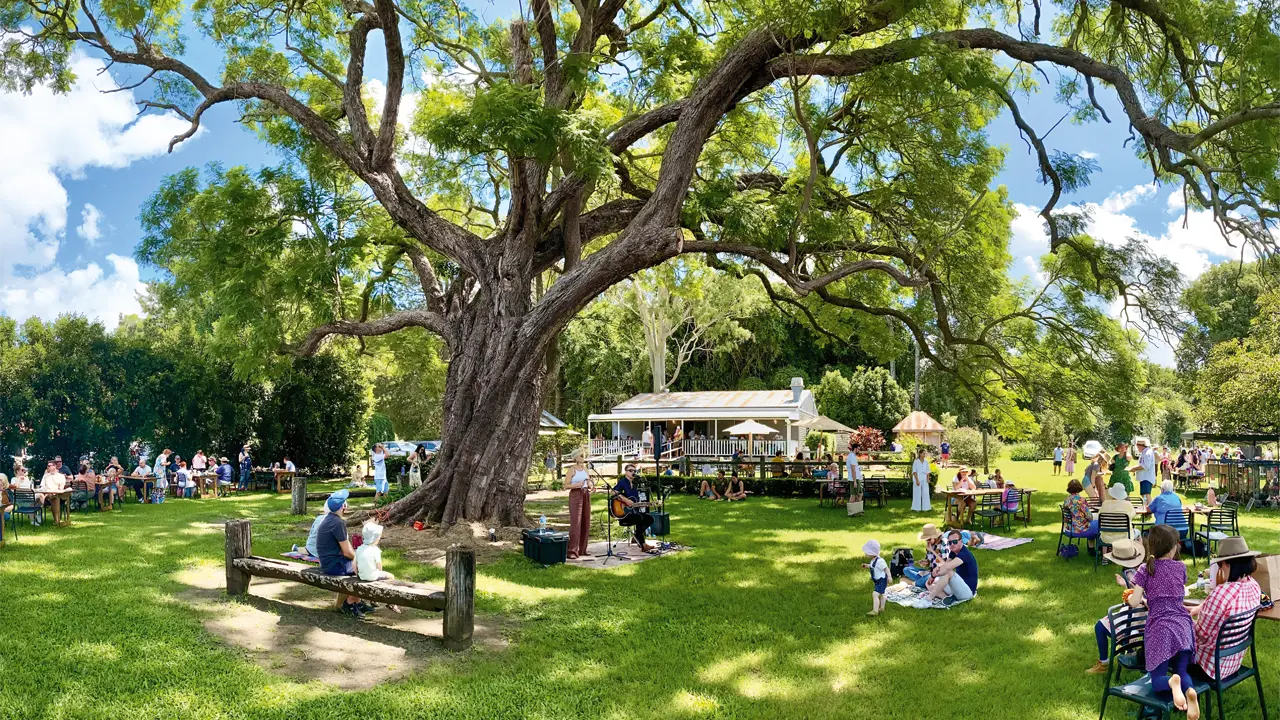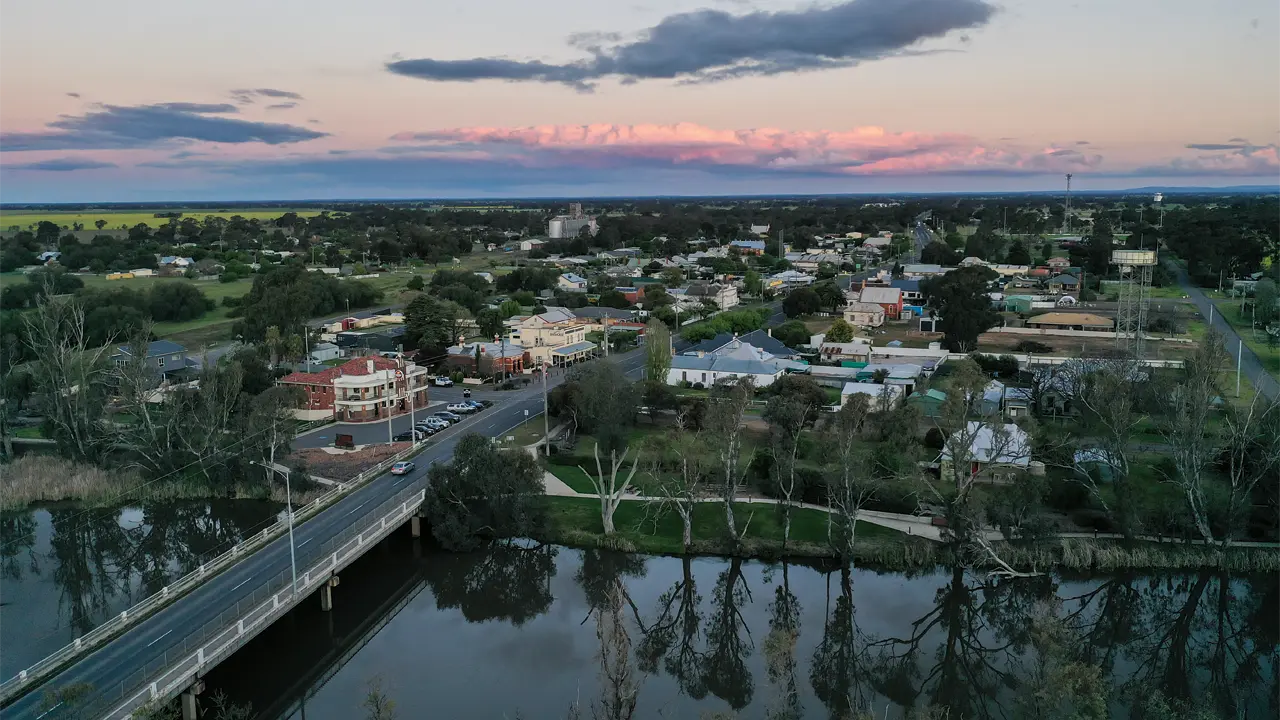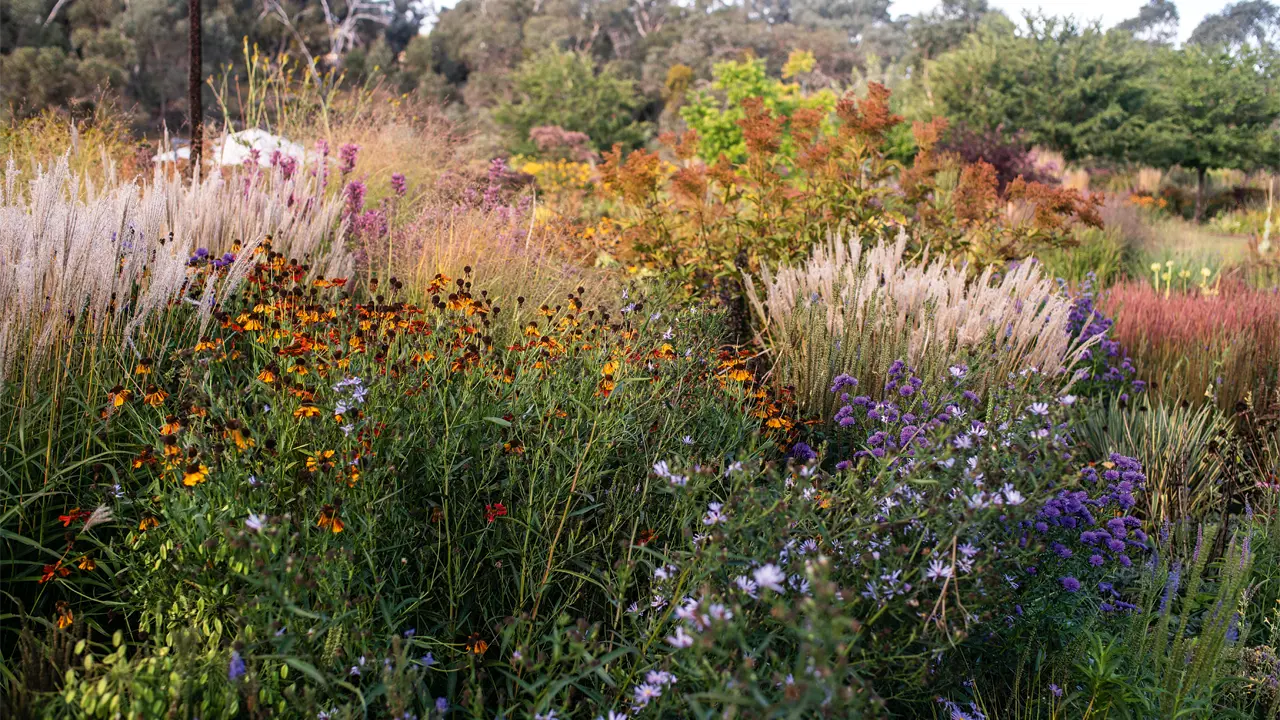Experienced cattleman Dugald Storie set up his own recruitment agency to try to make sure rural employers and employees are well suited.
Story Ken Eastwood
When Dugald Storie was working for an agency recruiting ringers, station cooks, leading hands, jillaroos and governesses for pastoral positions, he realised that many employees weren’t well prepared or particularly suited to the stations to which they were being sent. A former jackeroo himself, as well as the manager and owner of a mixed farming enterprise, Dugald was aware of many of the challenges of rural and remote work and the high failure rate of many new employees who either didn’t like the job or weren’t up to the hard yakka required.
So, in 2015, Dugald set up his own recruitment agency, based in Toowoomba. He went on a road trip and talked face-to-face to station managers across the Pilbara and Kimberley about what they wanted in an employee, and checked out how they treated their staff.
Bush Recruitment has now placed more than 400 people into positions ranging from first year staff to bore runners and station managers. With each appointment, Dugald follows up several times with the employee and the employer to check how things are working out. “It’s growing and growing and growing,” he says. “When I started I had a goal that if I could recruit 100 staff a year in five years’ time, that’d be great, but I’ve already hit that target. And I’ve done that even though I dumped a couple of clients because they haven’t been good to their staff.”
Rather than charging a percentage of a wage (“that’s a rip-off”), Dugald charges employers a one-off flat fee to find the right person. He actively goes to boarding schools in Toowoomba, such as Toowoomba Grammar, Fairholme College and The Glennie School, and top schools elsewhere, such as The King’s School in Sydney or St Joseph’s Nudgee College in Brisbane, to give a powerpoint presentation to year 12 students about the job possibilities on rural and remote properties.
“Typically, I chase people who want a career in the agricultural industry in some sort of way,” he says. “Those kids from boarding schools, they’ve come from the land, so they’ve got a bit of an idea of what it’s about. And there’s some bloody good kids out there.”
He says those recruited from boarding schools are far more likely to stay in the job than those from day schools only. “Something like 97 percent, as opposed to kids from day schools alone, where it’s about 25%,” Dugald says. “Those kids who have been boarders – or even day kids at boarding schools – have played in team sports, they’ve been disciplined, and they’ve conformed and there’s no mucking around.”
Jordan Stumer, currently working on Nerrima station in the Kimberley, was recruited by Dugald from Toowoomba Grammar a couple of years ago. He was initially placed on a station in the Pilbara, then came home for the wet season, and is now loving working in the Kimberley. “I’ve had the time of my life – I couldn’t have spent the first years on stations any better than I have,” Jordan says. “The biggest thing I loved about Dugald was just a sense of security about the job, because I didn’t know anyone out here, and I knew he’d put me in a place where I’d be looked after and they’d put a bit of focus on teaching – not just ‘doing’, but teaching you why you do something. Dugald really cares where you’re going – that’s my experience with him anyway.”
This story excerpt is from Issue #122
Outback Magazine: December/January 2019










